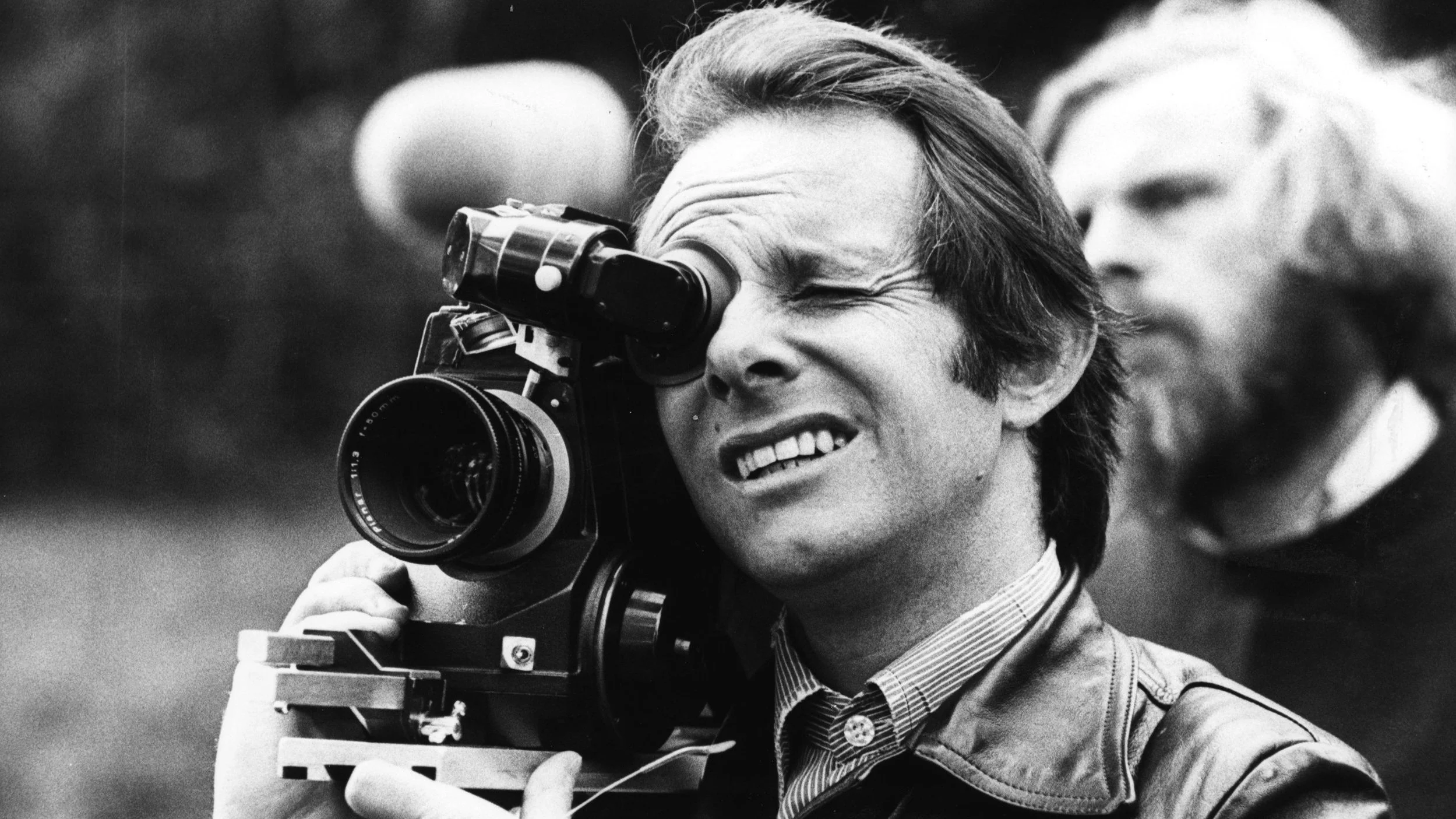Versus: The Life and Films of Ken Loach
In this rewarding documentary Ken Loach has the camera turned on him in his eightieth year.
With perfect timing Louise Osmond’s documentary with its self-explanatory title arrives close on the heels of the news of Ken Loach’s triumph at Cannes with his new film I, Daniel Blake. As one would expect, it offers a mix of interviews and film extracts, but it is strongest in explaining Loach’s highly developed personal approach as a filmmaker. Early on he refers to capturing on film the lives of ordinary people: “If you say how the world is, that should be enough” - to which he adds that in portraying people’s conflicts politics is an essential part of it. Indeed, it is the battle between capital and labour that fuels his work, making him paradoxically a quiet gentlemanly person who can justly be described as Britain’s most subversive left-wing filmmaker ever.
Loach’s commitment to the task that gives meaning to his life involves consideration for his often non-professional players but also ruthlessness in getting what he needs: the former is one reason for filming chronologically to aid character development, while the latter is well illustrated by the scene of the school beating in Kes (the pain inflicted was real). Tony Garnett and Alan Parker lead the way in considering the art of Ken Loach, while on the home front there are briefer contributions from his wife and children among others. The life is not without its surprises revealing the young Loach as a Tory (it took the writer Jim Allen to change his outlook) and as a university student (he studied law at Oxford). Furthermore, we discover that he enjoys glossy film musicals (I was amazed and delighted to find here a clip from my own favourite, Richard Attenborough’s A Chorus Line). A pity, then, that Osmond ignores Fatherland, a rare Loach film with a great use of song in its final scene.
Of course, despite his period in the wilderness in the 1990s, Loach has been a prolific filmmaker so some omissions are inevitable. It is also the case that Osmond - who handled Dark Horse so well in 2015 - has had less success in shaping the material here: certain shots bridge scenes meaninglessly and the information about Loach’s life, not excluding one tragic event that marked him, is rather arbitrarily inserted into the largely chronological survey of his films. In addition, footage relating to his latest piece, the prize-winning I, Daniel Blake, is slipped in a mite confusingly. But none of these weaknesses really matters. Loach himself is central through his personal contributions, but that doesn't prevent some questionable elements emerging - not just the ruthlessness, but his intractability and his readiness to criticise those whose standards fall short in his eyes (although he also criticises himself over letting his need to make a living lead at one stage to working on commercials). What we have here - to everybody’s credit - is Ken Loach in depth.
MANSEL STIMPSON
Featuring: Ken Loach, Tony Garnett, Ricky Tomlinson, Alan Parker, Dai Bradley, Cillian Murphy.
Dir Louise Osmond, Pro Rebecca O’Brien, with Jack Thomas O’Brien, Ph Roger Chapman, Ed Joby Gee.
BBC Films/Sixteen Films/BFI-Dogwoof.
93 mins. UK. 2016. Rel: 3 June 2016. Cert. 12A.


